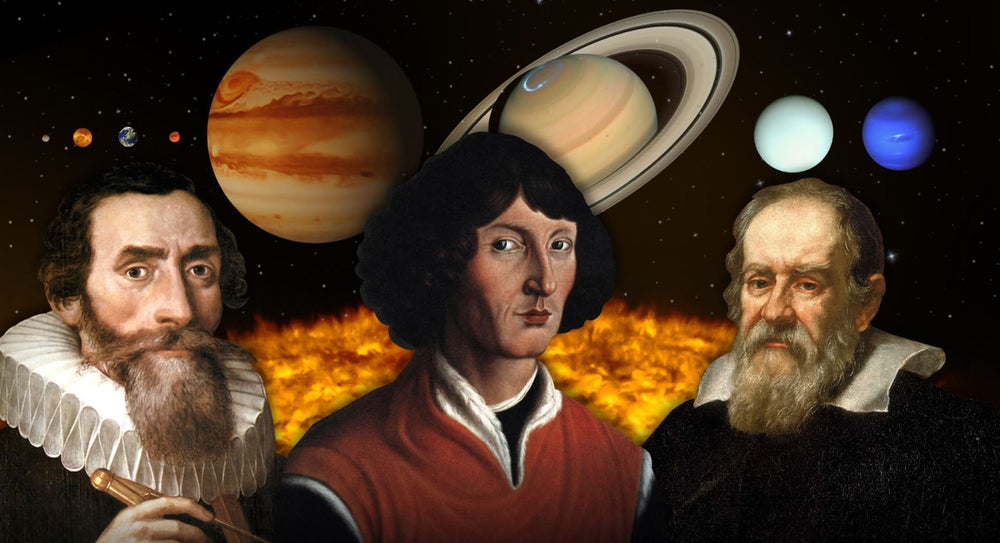The Most Famous Astronomers in History
Astronomy has been a subject of fascination for humans for thousands of years. From ancient civilizations to modern times, people have looked up at the stars and tried to understand the mysteries of the universe. Throughout history, there have been many famous astronomers who have contributed to our knowledge of the cosmos. In this article, we will explore the lives and achievements of some of the most well-known astronomers of all time.

Galileo Galilei (1564-1642)
Galileo Galilei was an Italian astronomer who is often referred to as the "father of modern astronomy." He was the first person to use a telescope to observe the skies and discovered many new objects in the universe. He was also a proponent of the heliocentric model of the solar system, which placed the sun at the center instead of the Earth. His work was controversial and he was persecuted by the Catholic Church for his ideas.Johannes Kepler (1571-1630)
Johannes Kepler was a German mathematician and astronomer who is best known for his laws of planetary motion. He discovered that planets move in elliptical orbits around the sun and that their speed varies depending on their distance from the sun. His work was instrumental in laying the foundation for Isaac Newton's laws of gravity.Isaac Newton (1642-1727)
Isaac Newton was an English physicist and mathematician who is considered one of the most influential scientists of all time. He is best known for his laws of motion and universal gravitation, which explained how objects move in the universe. He also built the first reflecting telescope, which allowed for better observations of the stars and planets.Caroline Herschel (1750-1848)
Caroline Herschel was a German astronomer who is best known for her work in cataloging comets and other astronomical objects. She was the first woman to discover a comet and was awarded a gold medal by the Royal Astronomical Society for her contributions to astronomy. She also assisted her brother, William Herschel, in his work and helped to discover many new objects in the universe.Edwin Hubble (1889-1953)
Edwin Hubble was an American astronomer who is credited with discovering that the universe is expanding. He also developed a system for classifying galaxies based on their shape, which is still used today. The Hubble Space Telescope, which is named in his honor, has provided some of the most stunning images of the universe ever captured.Vera Rubin (1928-2016)
Vera Rubin was an American astronomer who made groundbreaking discoveries in the study of dark matter. She observed the rotation of galaxies and found that they were rotating faster than expected based on their visible mass. Her work provided evidence for the existence of dark matter, which makes up a significant portion of the universe but cannot be directly observed.Stephen Hawking (1942-2018)
Stephen Hawking was an English theoretical physicist and cosmologist who made significant contributions to our understanding of black holes and the origins of the universe. He developed the theory of Hawking radiation, which explains how black holes can emit particles and eventually evaporate. He was also a popular science communicator and wrote several books on physics and cosmology.
Conclusion
These are just a few of the many famous astronomers who have contributed to our understanding of the universe. From Galileo's pioneering use of the telescope to Hawking's groundbreaking work on black holes, each of these individuals has left a lasting impact on the field of astronomy. As we continue to explore the mysteries of the cosmos, their legacies will continue to inspire and inform our quest for knowledge.
More About Astronomy:
- Urban Astronomy
- Astronomy Definition
- Best Books on Astronomy
- The History of Astronomy
- Astronomy vs Astrology
- Astronomy Camera Color or Mono
- Binocular vs Spotting Scope for Astronomy

